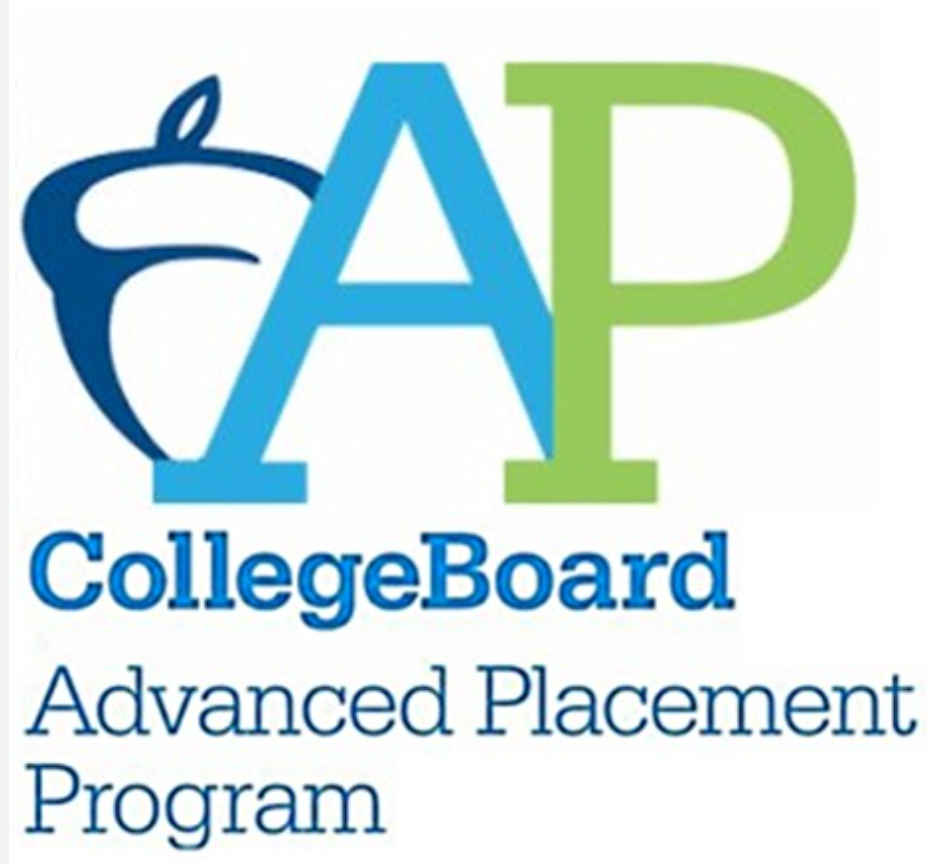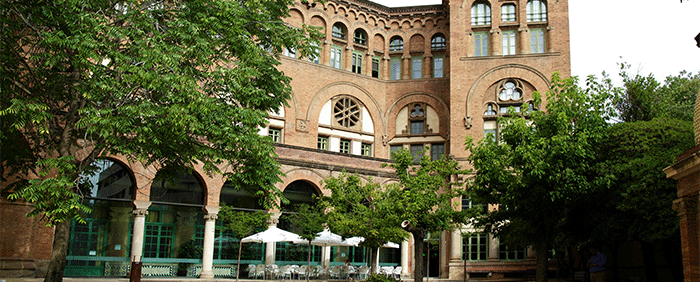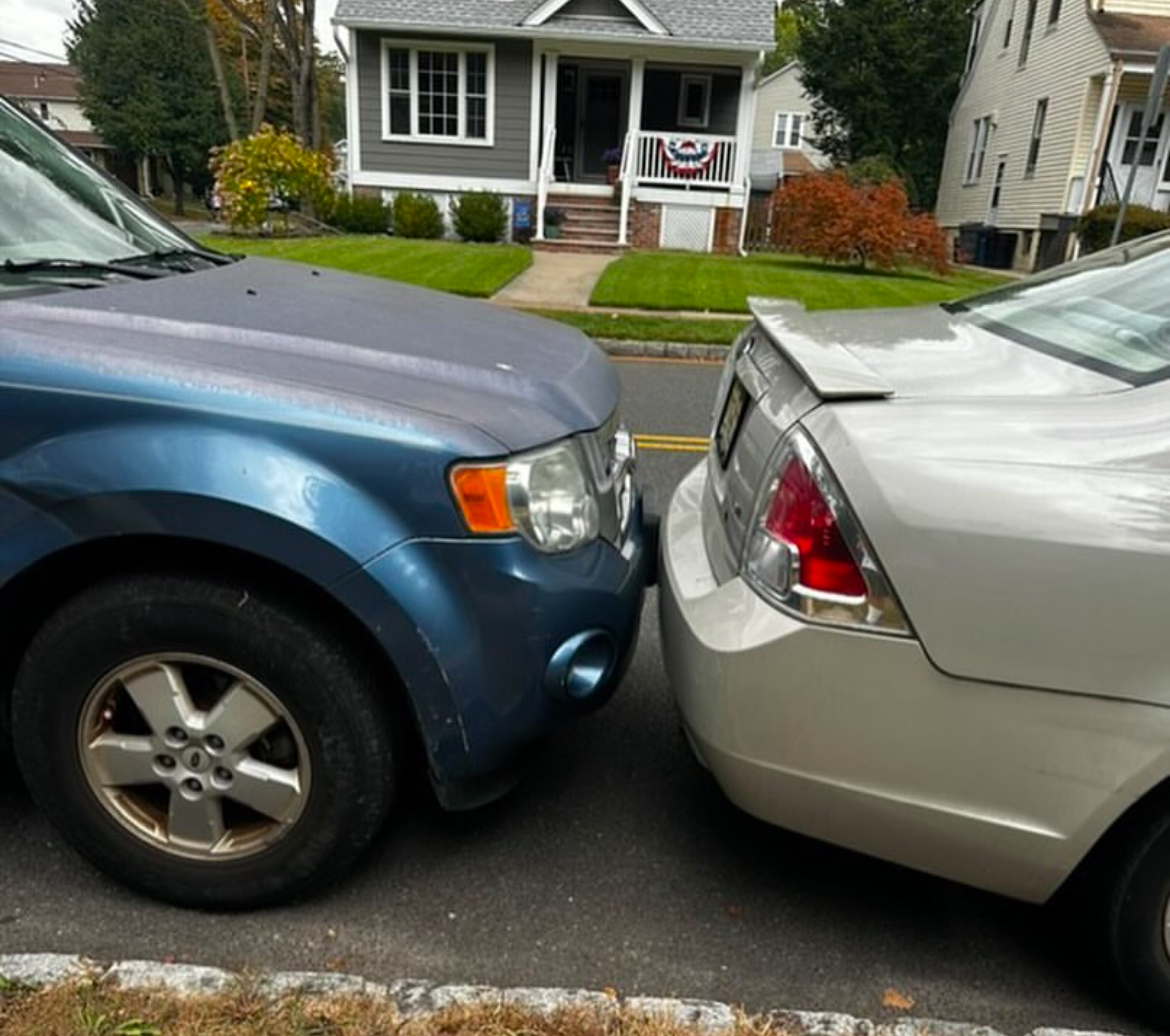Welcome to an objective overview of all the AP’s offered at CHS! In this edition, we’ll be discussing those offered in the social studies department, including World History, US History, European History, Human Geography, Government and Politics, Psychology, and Economics. Each overview will include a general summary of the class, and one tip I would give to those planning to take the exam.
Before I begin, there are a few important disclaimers to consider. First, these are just my opinions, supplemented by other students’ testimonials, and do not necessarily reflect your experiences in the class. Second, for obvious reasons, the analysis will not include how likable the teacher may be (I don’t plan to get in trouble for writing this). All the teachers in the social studies department are great, and none of them will necessarily ruin your experience in a class. Third, and finally, I have not taken all of these classes, though I have taken most. For those, I will be using the opinion of students in the class now, or those who have already taken it. Similarly, for classes that have changed teachers (U.S. History changing from Ms. Turner to Mr. Mangarelli, Euro changing from Mr. Mangarelli to Mr. Hoglund), I can only offer opinions based on what I or others experienced, so keep that in mind for those classes.
Without further ado, let’s get started!
AP World History:
For me and many other seniors, this was the first AP Exam we took, but that has since changed, and for good reason. AP World History is difficult, and requires vast knowledge of history, much more than a freshman would be prepared for. Personally, I found World History fairly enjoyable, and although I’m not certain if Mr. Hoglund still teaches it, he made the class enjoyable and had a reasonable workload. Well, reasonable for a history AP at least. Expect a decent amount of textbook reading on a consistent basis for this class, and a difficult exam to boot. World History is comparable to APUSH, but it has considerably less detail, due to its larger setting (both in time and scope).
Tips:
World History isn’t about knowing that this specific law was passed on this specific day in this specific year, it’s about understanding WHY those laws were passed, and how they correlate to laws on the other side of the planet. It’s all about drawing correlations, causations, and comparisons between historic events.
AP United States History:
With a recent change in teachers, this class has also likely changed drastically from when I and other seniors took it. With that said, it’s still APUSH, and APUSH is a demon. In my opinion, it is the hardest social studies AP, and can absolutely rock you if you don’t put in the effort. The workload is comparable to World, but you go in far greater detail for US, given that there is less time to cover, and less area. For this one, I consulted current students to see their ratings on the current status of APUSH. I asked Mang for one thing students should expect, and he responded “A lot of reading and writing. That’s really all it is”.
Tips:
Unlike World History, APUSH IS about the specific law passed on this specific day in this specific year. It’s much more important to know these specific details well, as they all grow to help you understand the general vibe of the time. As with every history AP, APUSH isn’t just about memorization, it’s about understanding why things happen. If you’d like, the following is the notes I used to get a 5: https://docs.google.com/document/d/1qQwVizS2k9gCcPk5FzH6H9OJpAtRGAkpli64x_kjilw/edit
AP European History (Information provided by Aidan Karant and Mr. Mangarelli):
AP European History is a great class that explores topics from the Renaissance to Reformation to the Cold War. Expect a lot of reading, but nothing too unmanageable. It roughly follows a similar format to most other AP History classes, but more time is spent discussing more varied topics, as the class is not limited to one country or topic.
Tips:
Take this class if you like history; if you don’t like history, you won’t like the class. The opposite is true as well: if you like history, you’ll love this class. This sentiment is shared by both Aidan and Mr. Mangarelli. Essentially, you need an interest in history, a desire to learn more, and a drive to still do the AP work.
AP Human Geography (Information provided by Abby Nam, Lily Goodwin, and Aidan Karant):
A class I haven’t taken, but the word you get from those who have is exclusively positive. It’s commonly people’s favorite AP exam and is a very enjoyable class from the testimonies I’ve received. Positive reviews all around keep this one fairly low on the difficulty scale, but with some challenges to prepare for given the specificity of the subject.
Tips:
Don’t fall behind on textbook reading, and find your own sources for studying as well, such as videos, review books, and the like. Watch the news and stay up to date with the current topics in the world, and go in with some geography knowledge.
AP Government and Politics:
A class I’m taking right now, Government and Politics has been a pleasantly enjoyable experience for my senior year. The class is engaging and fun, and the information is more than applicable to everyday life. I strongly recommend this one, and I believe it’s not only a fun class, but an important one to learn about. Every lesson is new and original, and will keep you captivated and interested in politics.
Tips:
This class is all about current events in the U.S., so as you go through it, think realistically about the things you already know. It also helps to have some APUSH/U.S. History knowledge, so consider taking this after you take one of those classes.
AP Psychology (Information provided by EJ Orr, Lily Goodwin, and Erin Bradford)
It’s hard to get through high school at Cranford without someone raving to you about the wonders of AP Psych. I haven’t taken it myself, but the list of people who have given it raving reviews is nearly endless. There can be a decent amount of textbook reading, but students are given ample time to complete it. It’s usually easy to catch up if you fall behind. Ask anyone their opinion on this class, and odds are they’ll tell you how incredible it was.
Tips:
“Take your notes and use your brain, no pun intended.” Similar to GoPo, this class is one that deals with the real life happenings around you, so think realistically about what you learn. Everything is applicable to real life, and can be seen in your own actions and decision making, so try and apply everything to something you understand to help make it stick.
AP Economics
For the sake of not writing too much, I won’t be splitting this up into Microeconomics and Macroeconomics, though they are different exams. If you’re taking one class, you have to take the other, although you aren’t required to take both AP’s (though if you’re already taking one, why wouldn’t you?). Hands down, Econ was my favorite AP and I still go back to Mr. Hurley’s class every now and again to see what they’re learning. Though you may not enjoy it as much as I did, it’s still a superbly interesting class, and everything can apply to your actual life.
Tips:
Following in the footsteps of GoPo and Psych, Econ surrounds things that happen in the real world, and simulates the larger workings of the world into considerably less complex heuristics designed to help us understand decision making. It isn’t just about money, it’s about the decisions we make and why we make them, so keep that concept in mind through the class.







